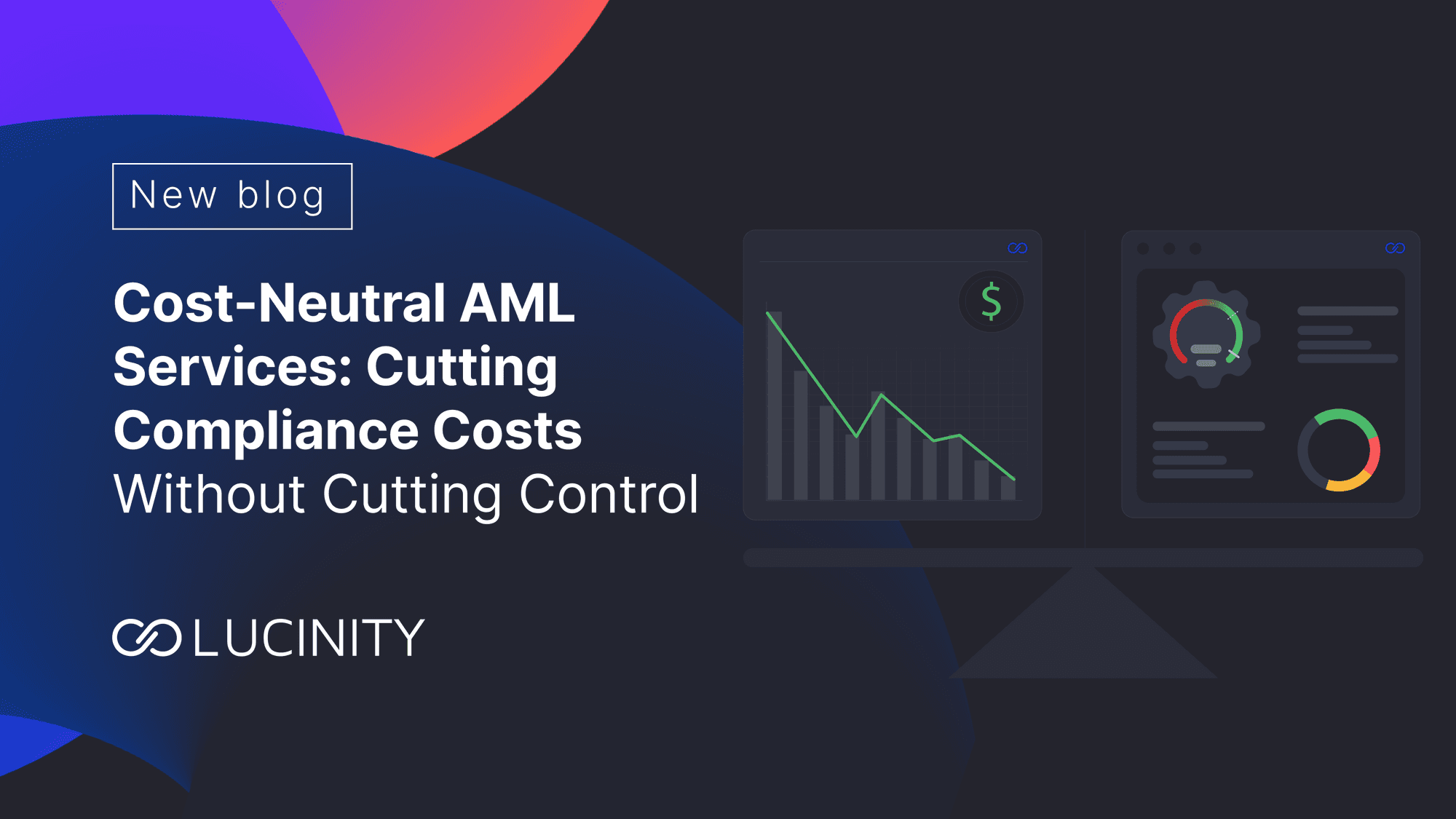Nine anti-money laundering tips for fintechs
These are exciting times for us who have a passion for better financial services.
Modern entrepreneurs want to revolutionize their industries. Their objective is to upend the market by introducing a superior product or service and gain scale quickly. The fintech industry is certainly no exception for this. 2021 has been a banner year for fintech funding which will probably reach $120bn (!) for over 3.500 deals worldwide before the year is out.

The fintech future is so bright; I gotta wear shades
Customers stand to gain from innovation in financial services. As McKinsey points out, banks (or fintechs) of the future will be able to make our lives much easier. Indeed, many established banks are now working hard to turn themselves into future-proof fintechs or collaborating with innovative fintech companies. These are exciting times for us who have a passion for better financial services.
Fintechs still face obstacles
Fintech startups are often competing against well-established banks in their local markets. Competition against other fintechs is also fierce. As any challenger in their market, they need the right service and tech-stack to scale their growth. Fintechs must also manage data security and drive customer acquisition. Superior user interface and engaging apps are also required. Navigating the different laws and regulations that financial institutions must follow in their respective markets is often daunting.
The anti-money laundering challenge for fintechs
Anti-money laundering (AML) compliance is perhaps the biggest challenge to new and innovative fintech companies. Criminals constantly look for new ways to launder their dirty money. Fintech services are often the target of their experimentation in financial crime, and financial institutions are obliged to detect and report suspicious activities on their platform. No entrepreneur or CEO wants their new and innovative financial service to become a tool for criminals to launder ill-gotten gains from such crimes as human trafficking, arms dealing, tax evasion, drug dealing, to name a few. Nobody wants their brand tarnished or face the legal consequences of non-compliance.
Why can AML-compliance be tough for fintechs?
The challenge in scaling popular financial services while monitoring, surfacing, investigating, and reporting suspicious behavior or transactions to the authorities is not trivial. One primary reason is that legacy AML software is not built for rapidly scaling fintechs, to put it politely. So how can Fintech founders and entrepreneurs safeguard their companies against the risk of AML non-compliance?
The nine tips for Fintech AML-compliance
Here are a few AML pointers that I hope are helpful for the entrepreneurs and founders who want to challenge the financial industry's status quo and reap the ensuing rewards.
1. Hire an experienced head of AML and compliance for your fintech
AML is a critical function within any fintech or bank. Choose its leader accordingly. Give that person a strong voice within the management team.
2. AML pros are essential for your fintech startup
Recognize the importance of AML professionals from the start; they are a vital part of any financial institution, new or old.
3. Involve your AML experts in choosing the software they will use to safeguard your fintech brand
AML professionals are motivated to stop financial crime right on its track. They want to be effective in their job in stopping financial crime; their mission is to make your fintech successful. Make sure they have the tools for that critical job.
4. Embed AML compliance in your products right away
Give AML professionals early input when creating and designing new products and services. They will help you to embed compliance and safeguards in the most business-friendly way possible.
5. Choose user-friendly AML software
A good user interface of the enterprise software improves productivity and helps retain your employees. The need for a good user experience for AML software is unfortunately often ignored.
6. Make AI work for your AML team
Make sure that you choose AML software that uses AI to help surface suspicious activities and behavior. Choose software that combines different data sources to analyze, recognize and show AML professionals an easy-to-understand view of customer behavior and accompanying transactions.
7. Leverage crowdsourced AML software to safeguard your fintech brand
A big reason financial criminals have had the upper hand in that they can coordinate and experiment with different ways to game the system. Banks and fintechs have a fragmented response. Each organization works on its own to stop money laundering. Choose an AML system where AI is used to learn the patterns of how AML professionals handle cases in many organizations without any sensitive data ever leaving a financial organization. With the speed of AI, financial crime becomes more difficult and expensive. Safeguarding your fintech brand this way is just smart.
8. AML data contains valuable insights. Really.
I don't have to tell fintech founders or managers that we now live in a world where data insights create the most value. Consider the data that your AML team has. You are likely to discover valuable insights there.
9. Minimize effort on SAR submission
Make sure you choose a system with efficient Suspicious Activity Report (SAR) submission to the authorities. You don't want AML professionals to spend up to a day creating and submitting a single SAR. They are supposed to spend their time safeguarding your company against the bad guys.
We want to hear from you
Let us know if you have any more advice for fintech founders or comments; you can find us on Twitter and Linkedin.
Try the Lucinity AML platform for free
You can try a demo version of our AML platform without any commitments.





